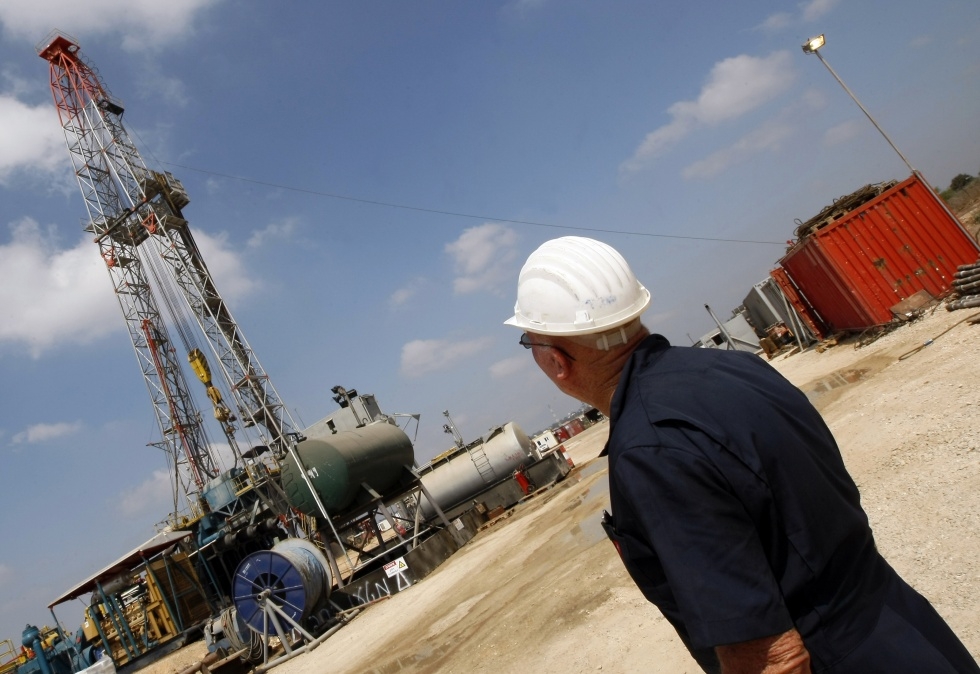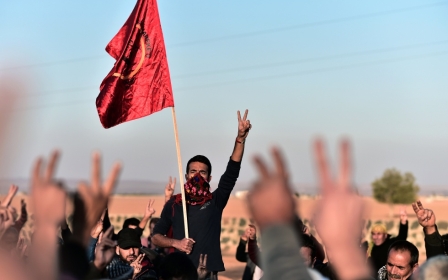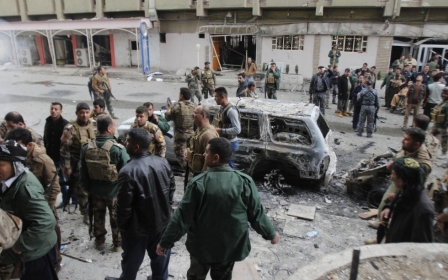Kurds say Baghdad not living up to oil deal

Iraqi Kurdish premier Nechirvan Barzani on Monday accused Baghdad of reneging on a key oil deal signed in December and aimed at re-establishing oil payments.
Under the deal that should have come into force in January, 250,000 barrels per day of oil are to be exported from the autonomous Kurdish region and another 300,000 bpd from the disputed province of Kirkuk.
In return, Baghdad would release the regional government's share of national revenue, which had been frozen for more than a year in retaliation for Erbil's efforts to export oil unilaterally.
Barzani said that in return for the export of 550,000 bpd, the Kurdish region was due to get "1.2 trillion dinars ($1 bn) from Baghdad," each month. However the deal "currently has no meaning” Barzani said.
"Baghdad has no money to give... We made a deal with a state that was originally broke, and Iraq today is broke," he told a news conference in the Kurdish capital.
Barzani earlier led a delegation to Baghdad for talks with Iraqi Prime Minister Haider al-Abadi.
"We invited the prime minister to visit Kurdistan, and he accepted the invitation and promised to come," said Barzani without giving a date.
Abadi's office said in a statement that the prime minister and the Kurdish delegation discussed how to resolve "pending issues ... within the framework of the constitution".
The two sides also discussed "the economic challenges that are facing the country," Abadi said in the statement.
"Iraq is facing many challenges including economic ones due to falling oil prices and the effect they have on the budget," he added.
Abadi said his government was "committed" to the oil deal with the Kurds, echoing Barzani who also insisted he wanted to see the problem resolved.
Baghdad is almost entirely dependent on oil revenues and Erbil is in desperate need of cash to pay its civil servants and shore up its security.
Falling oil prices have hit Iraq hard at a time when its expenditures have increased due to the battle against the Islamic State group which overran large areas of the country last year.
At the end of January, parliament approved a $99.6 bn budget, down from $102.5 bn that had been proposed by the cabinet, due to low oil prices.
New MEE newsletter: Jerusalem Dispatch
Sign up to get the latest insights and analysis on Israel-Palestine, alongside Turkey Unpacked and other MEE newsletters
Middle East Eye delivers independent and unrivalled coverage and analysis of the Middle East, North Africa and beyond. To learn more about republishing this content and the associated fees, please fill out this form. More about MEE can be found here.




